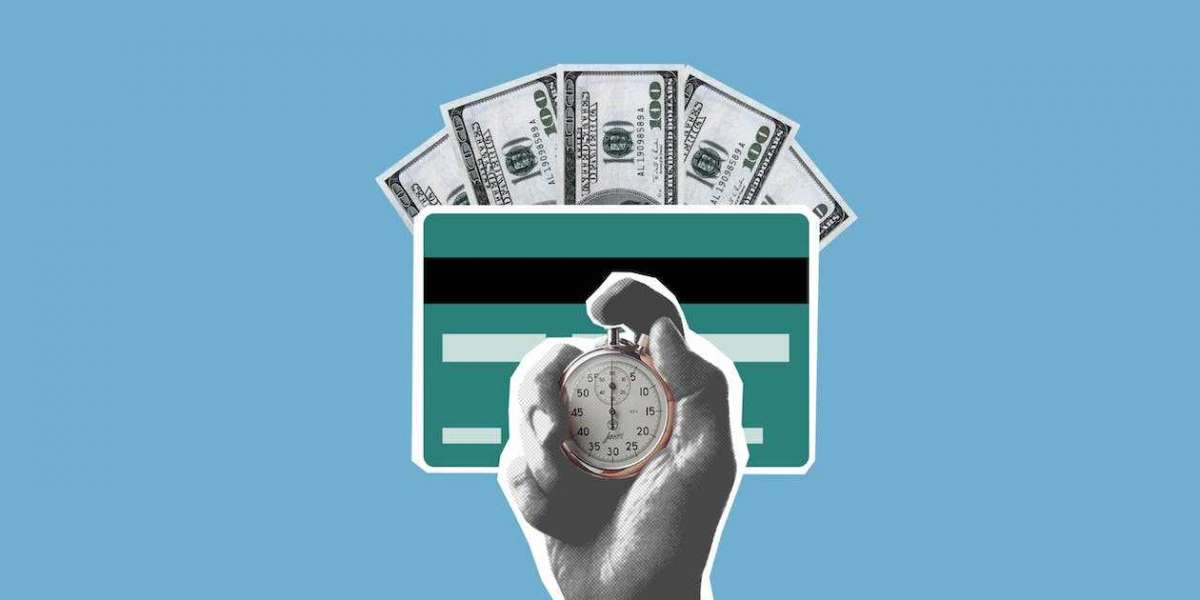For creditors and lenders looking to recover past-due payments from debtors, debt collection is an essential procedure. While most third-party debt collection agencies follow the law and ethical standards, there have been occasions where individuals have used force to collect debts. Consumers can defend their rights and ensure fair treatment throughout the debt collection process by being aware of the numerous legal strategies that debt collectors frequently employ.
Communication Practices
Many different communication channels are commonly used by debt collectors to get in touch with debtors. These exchanges are governed by the Fair Debt Collection Practices Act (FDCPA), which offers guidelines on how, when, and where collectors can communicate with debtors. Typical methods of communication include:
Phone Calls: Debt collectors frequently make the first contact over the phone. They are permitted to call debtors, but they must abide by laws like calling only during normal hours and refraining from abusive language.
Letters and Notices: Written communication is another typical strategy, including letters and notices. Debt collectors send letters and warnings to debtors, reminding them of their unpaid balances and the repercussions of doing so. The debt and the debtor’s rights must be appropriately reflected in these communications.
Validation of Debt
Debt collection agencies must deliver a validation notification after their first communication within five days of making contact. The amount of the debt, the creditor’s name, and the debtor’s 30-day opportunity to contest the debt should all be specified in this notice.
Negotiation and Settlement
Debtor options for negotiation and settlement are frequently presented by debt collectors. They might provide extended repayment schedules or lower payment levels. Negotiating a settlement can be a legal approach to settling a debt, but debtors should proceed with caution and make sure that any agreement is in writing.
Legal Action
Debt collectors may resort to taking legal action if a debtor keeps ignoring or avoiding payment. This can entail bringing legal action against the debtor to secure a judgment for the sum due. Throughout this procedure, debtors should be aware of their legal rights and obligations, including the right to self-defense in court.
Garnishment and Lien
With a court-issued judgment, debt collectors may be able to seize a debtor’s property or garnish earnings. While a lien gives the collector the ability to take and sell the debtor’s property in order to recoup the debt, garnishment entails taking a portion of the debtor’s salary as payment.
Credit Reporting
Delinquent accounts are frequently reported by third-party debt collection agencies to credit bureaus, which affects the debtor’s credit score and general trustworthiness. Accuracy and reporting of credit information are governed by the Fair Credit Reporting Act (FCRA). Debtors have the right to request that credit reporting companies amend any erroneous information.
Debts with a Time Bar
Debts that have passed the statute of limitations—which varies by state and kind of debt—may still be subject to collection efforts by debt collectors. By admitting the debt or accepting a partial payment, collectors may attempt to reopen the statute of limitations.
Cease and Desist Requests
Customers have the right to ask debt collectors to stop contacting them. Once a collector receives such a request, they are required to stop communicating with the debtor except to inform them of particular steps (such as legal procedures) they intend to pursue. This can be done in writing. The debtor is not relieved of their obligation by making this request, but it may stop the harassment.
Third-Party Disclosure
Communication with other parties, including friends, family, and employers, is restricted for debt collectors. The FDCPA may be violated by any communication that harasses recipients or makes the debt known to outsiders.
Conclusion
First-party and fintech debt collection agencies have certain restrictions in recovering unpaid debts, but in order to treat debtors fairly, they must abide by rigorous legal requirements. Consumers should be informed of their legal rights under the FDCPA and FCRA when dealing with debt collection activities. To safeguard oneself from aggressive or illegal debt collection efforts, it is crucial to be honest with one’s communication, confirm debts, and, if required, seek legal guidance. To preserve trust and safeguard the integrity of the debt collection process, creditors and debt collection firms must conduct their operations professionally and responsibly.









